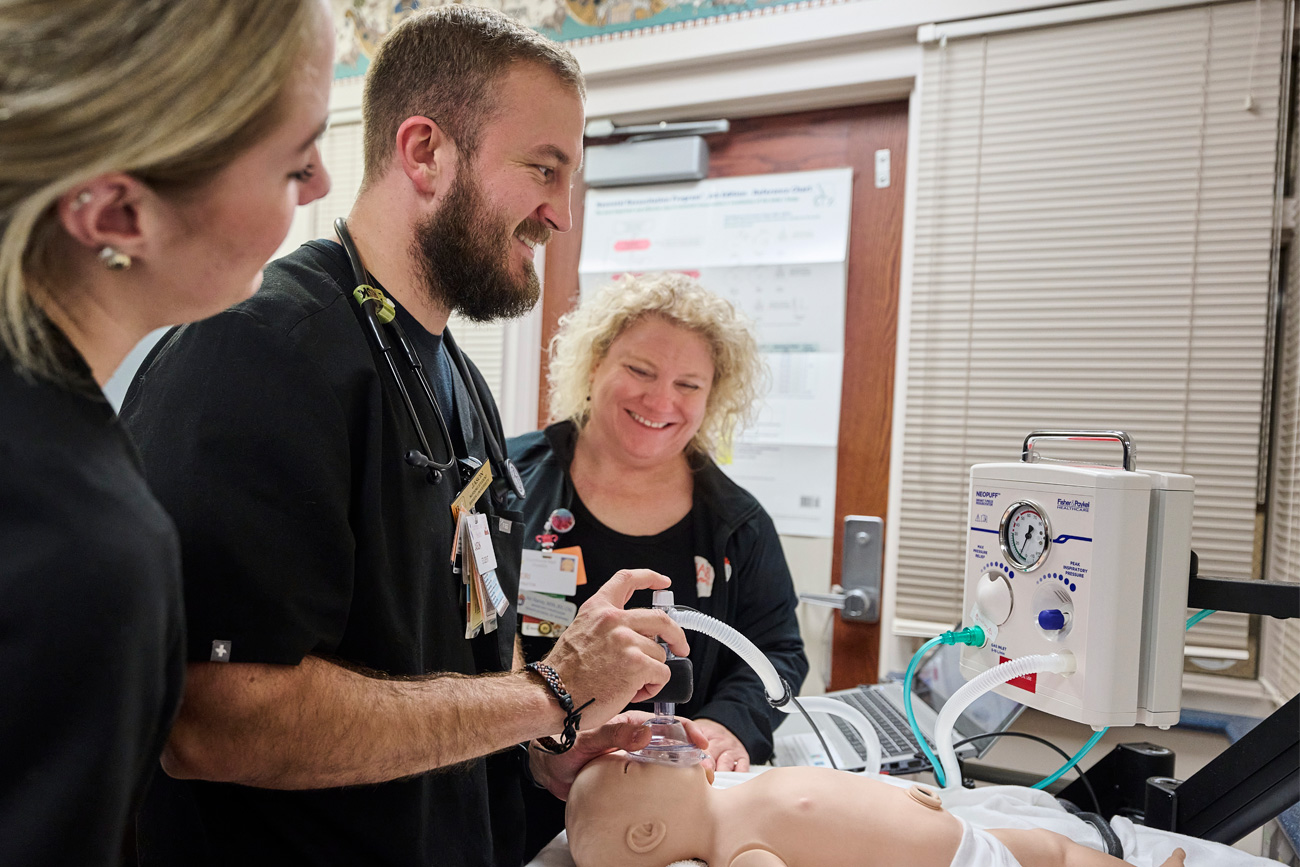
Dr. Erin Morris
Professor of Biology
Chair of the Department of Biology & Chemistry
What is a prenursing program?
About
With a nationwide shortage of nurses, and an increased demand for travel nurse candidates, the prenursing program is a smart first step in securing an essential health care job. As a prenursing student, you’ll experience the joys and challenges of a nursing education before you fully commit to nursing school.
The best of both worlds: as a prenursing student you’ll get to enjoy two years of the traditional undergraduate experience before you pursue a nursing career. So get ready to participate in everything from clubs and organizations to fraternity and sorority life. You can even participate in varsity athletics!

Exceptional Pass & Grad Rates
We’re proud of our NCLEX pass rate! Over 90% of Baker University nursing students pass the NCLEX on the first try thanks to our emphasis on clinical experience and patient care. You can expect NCLEX tutoring and lots of NCLEX review questions. Even more important, 95% of graduates, licensed and staying in Kansas, are employed and earning a good nursing salary within three months of graduation.

Preferred Admission to the School of Nursing
Once you complete the prerequisites from the College of Arts and Sciences, you’ll be eligible for priority admission to the School of Nursing if you meet the following criteria*.
In addition, you must meet the admission requirements as stated in the current School of Nursing catalog (at the time of application).
- Meet the nursing school requirements of 40 or more hours from CAS
- Have at least 12 semester hours of science credits, including anatomy and physiology, from CAS
- Have an overall prerequisite cumulative GPA of at least 3.0
- Have at least a 3.0 GPA in math and science courses
- Upon admission to CAS, students must take the remaining prerequisite courses at CAS
*Applicants who do not meet the criteria for priority admission will be considered for admission with all other applicants.
What can you do with a nursing degree?
Once you earn your nursing license, the opportunities are wide open. Nursing career paths differ based on your goals and desired specialization (which may require further schooling). Consider some of the following possibilities:
- Travel nurse
- Military nurse
- Patient care tech
- Nurse case manager
- Charge nurse
- Neonatal intensive care unit nurse
- Operating room nurse
- Emergency room nurse
- Pediatric nurse
- General nurse practitioner
- Clinical nurse specialist
- Certified registered nurse anesthetist
- Surgical nurse practitioner



